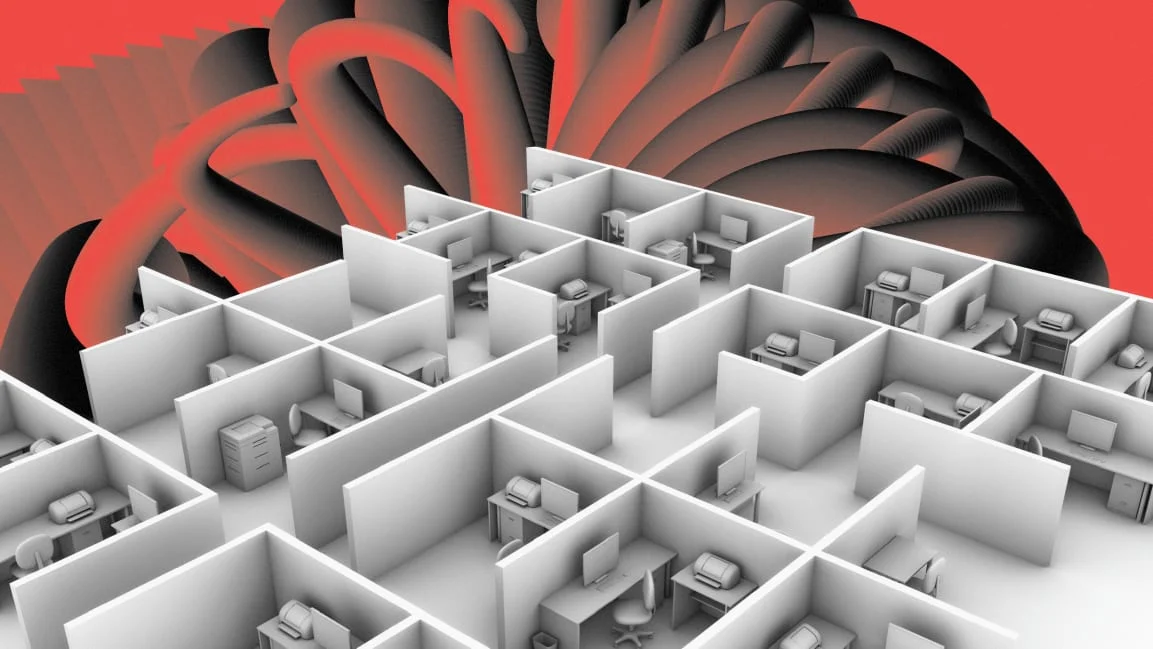Science fiction has long imagined a future in which humans constantly interact with robots and intelligent machines. This future is already happening in warehouses and manufacturing businesses. Other workers use virtual or augmented reality as part of their employment training, to assist them in performing their job or to interact with clients. And lots of workers are under automated surveillance from their employers.
All that automation yields data that can be used to analyze workers’ performance. Those analyses, whether done by humans or software programs, may affect who is hired, fired, promoted and given raises. Some artificial intelligence programs can mine and manipulate the data to predict future actions, such as who is likely to quit their job, or to diagnose medical conditions.
If your job doesn’t currently involve these types of technologies, it likely will in the very near future. This worries me—a labor and employment law scholar who researches the role of technology in the workplace—because unless significant changes are made to American workplace laws, these sorts of surveillance and privacy invasions will be perfectly legal.
NEW TECHNOLOGY DISRUPTING OLD WORKPLACE LAWS
The United States’ regulation of the workplace has long been an outlier among much of the world. Especially for private, nonunionized workers, the U.S. largely allows companies and workers to figure out the terms and conditions of work on their own.
In general, for all but the most in-demand workers or those at the highest corporate levels, the lack of regulation means companies can behave however they want—although they are subject to laws preventing discrimination, setting minimum wages, requiring overtime pay, and ensuring worker safety.
But most of those laws are decades old and are rarely updated. They certainly haven’t kept up with technological advances, the increase in temporary or “gig” work, and other changes in the economy. Faced with these new challenges, the old laws leave many workers without adequate protections against workplace abuses, or even totally exclude some workers from any protections at all. For instance, two Trump administration agencies have recently declared that Uber drivers are not employees and therefore not entitled to minimum wage, overtime, or the right to engage in collective action such as joining a union.
Emerging technologies like artificial intelligence, robotics, virtual reality, and advanced monitoring systems have already begun altering workplaces in fundamental ways that may soon become impossible to ignore. That progress highlights the need for meaningful changes to employment laws.



